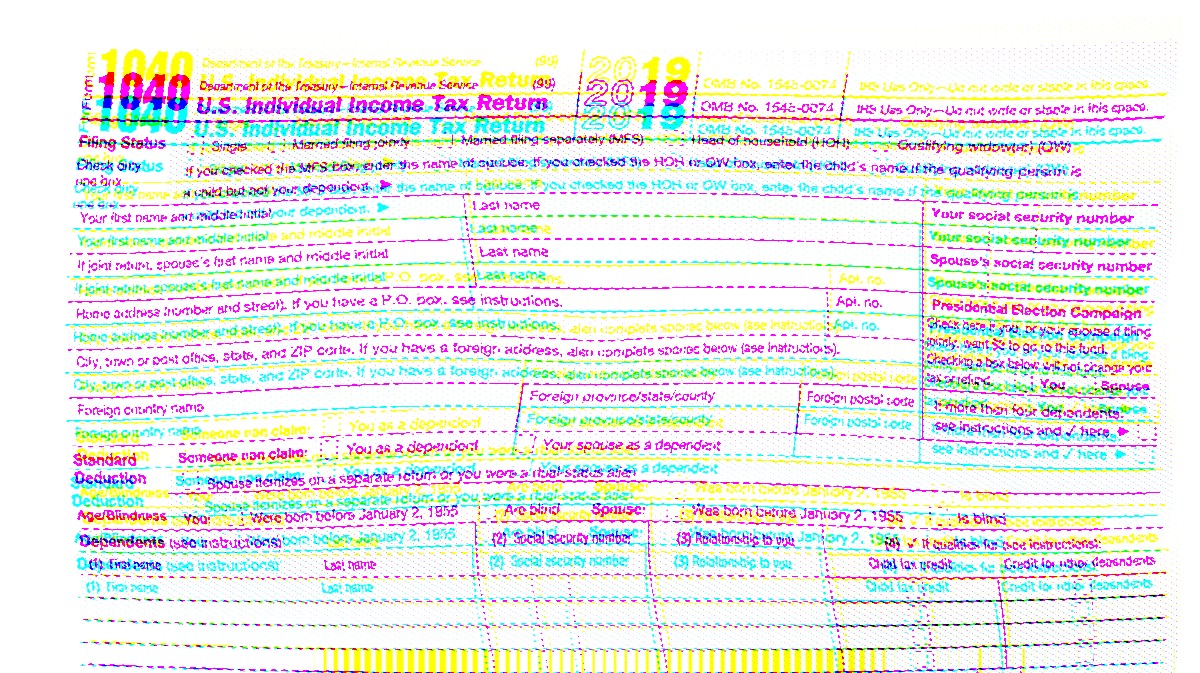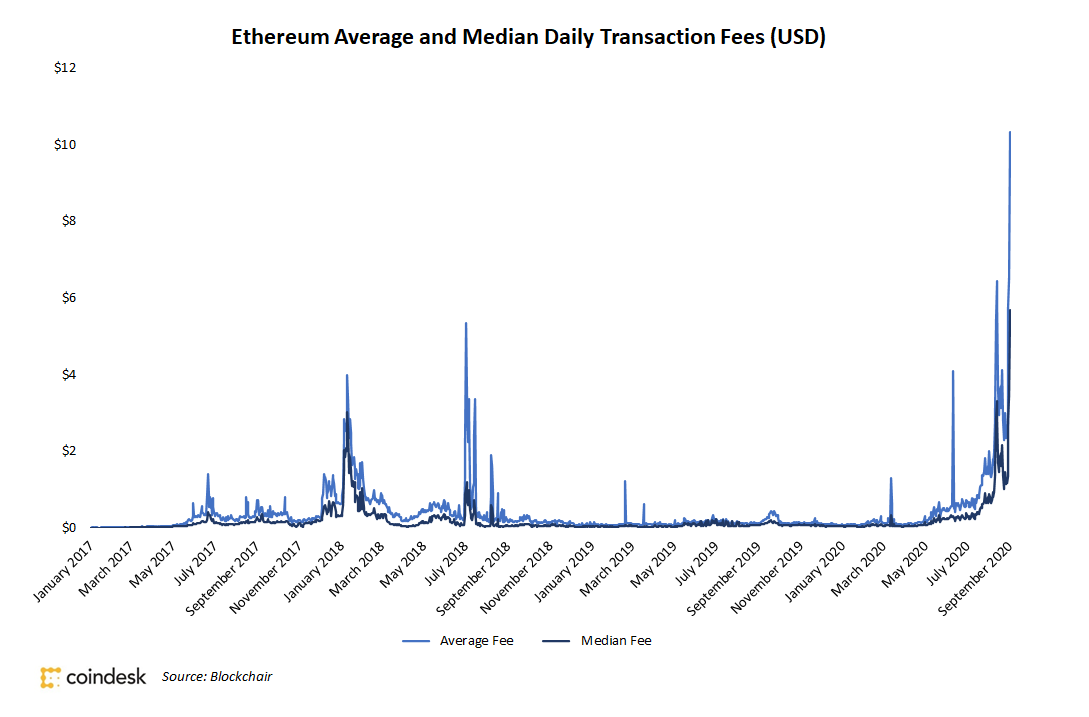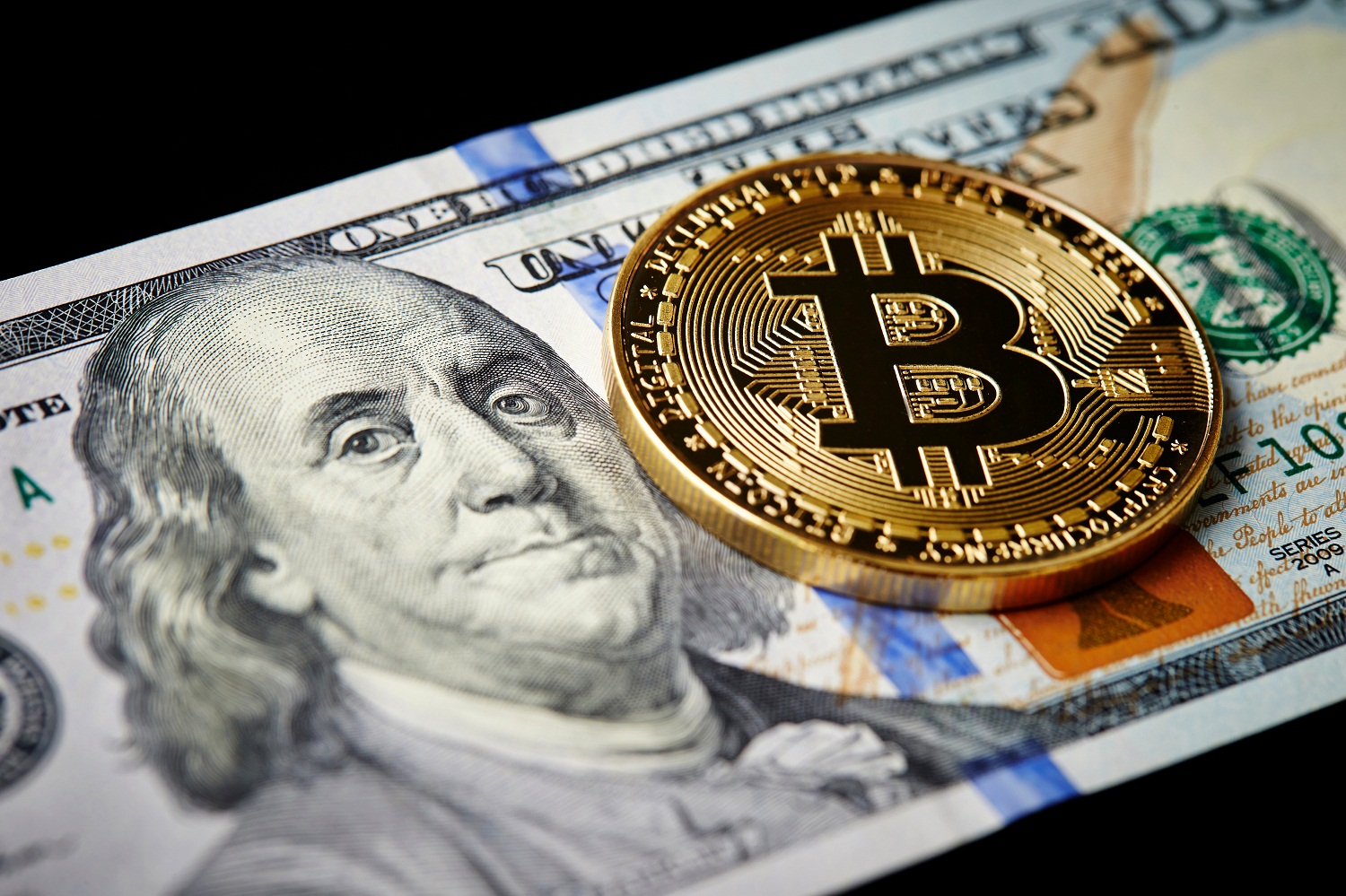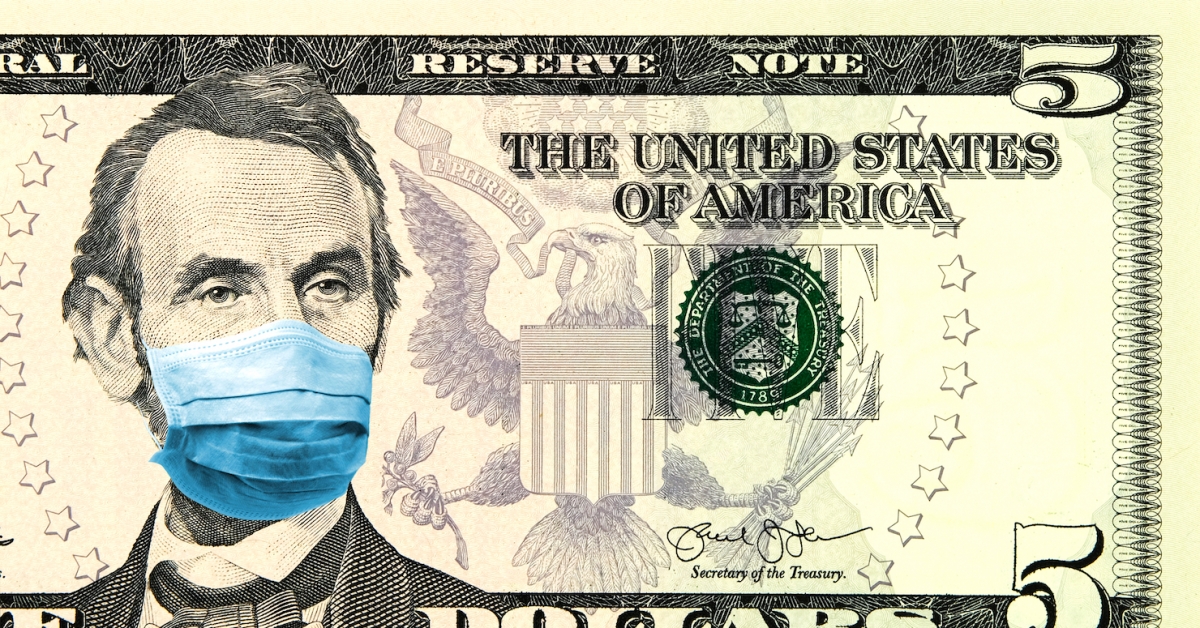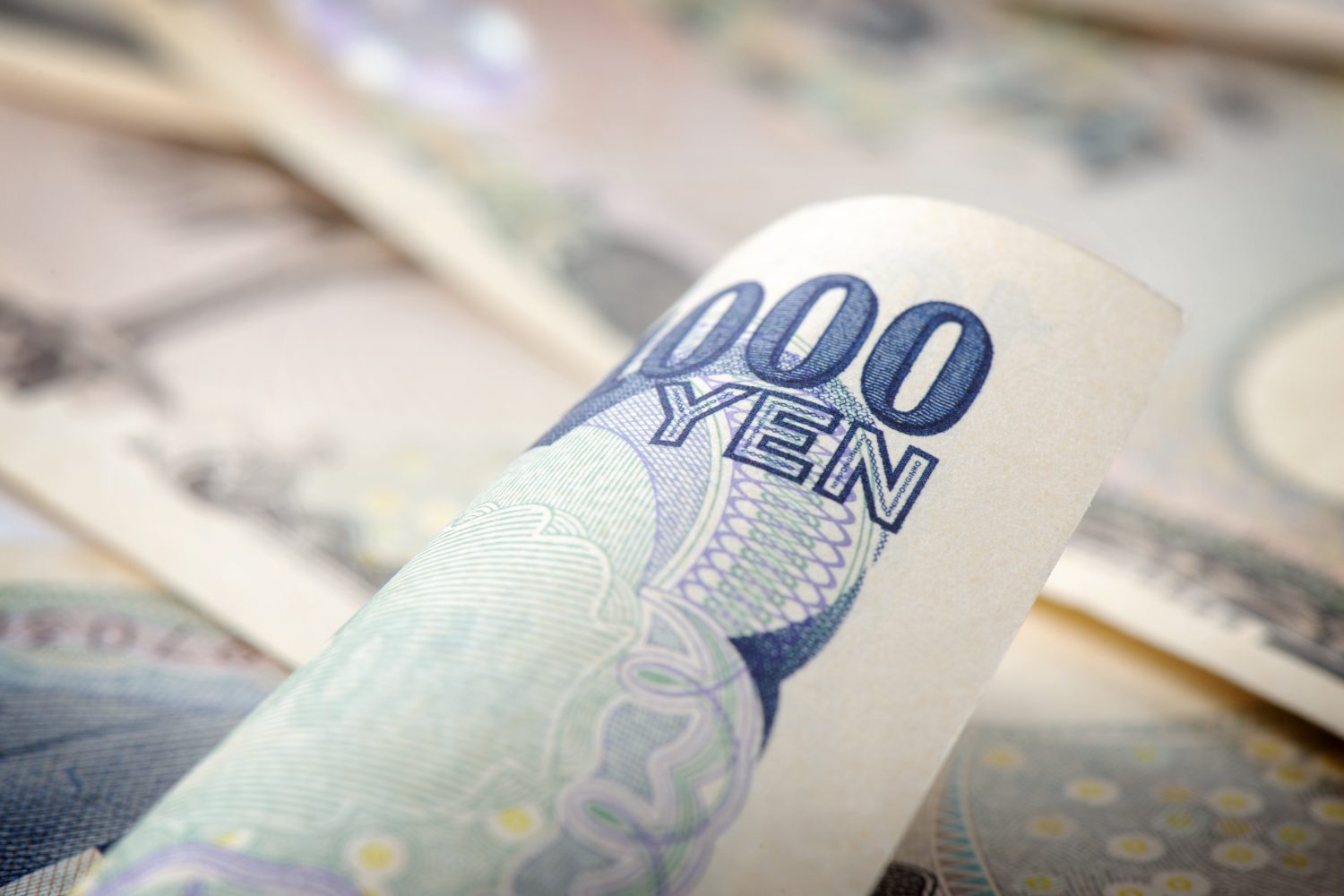Bank of Russia Says New Digital Assets Bill Will Outlaw Crypto Trading, Issuance
Elvira Nabiullina, governor at the Bank of Russia Image via Shutterstock
A new version of Russia’s delayed bill on digital assets will include a ban on issuing and selling cryptocurrencies, according to the country’s central bank.
Bank of Russia (BoR) remains in favor of what are being called digital financial assets, and even tested a pilot tokenization project in its regulatory sandbox last December. In an interview with the Russian news agency Interfax, however, its head of legal office Alexey Guznov said the institution did not believe cryptocurrency issuance and trading should be legal in the country.
“We believe there are big risks of legalizing the operations with the cryptocurrencies, from the standpoint of financial stability, money laundering prevention and consumer protection,” Guznov said.
The bank took an active part in discussing the digital asset legislation, which has been waiting to be heard in Russia’s parliament since last spring. So far, it describes the rules for issuing security tokens in Russia, without mentioning cryptocurrency at all.
The central bank contributed to a second draft of the bill in the fall of 2019, clarifying the requirements for the issuers of such tokens, Guznov said. In particular, the issuer should report capital of no less than $660,000 (5 million Russian rubles) and be able to provide the access to the ledger to law enforcement if needed.
However, BoR is still reluctant to let tokens that are not securities, like bitcoin (BTC) or ether (ETH) , gain a legal standing in Russia.
“Now we’ve approached consensus with other government bodies and market players that participate in the discussion. That consensus might be that nobody is going to ban owning cryptocurrencies,” Guznov said, adding that crypto “in the end, is not drugs or arms.”
But “legalization of issuance and, which is even more important, circulation of cryptocurrencies pose an unjustified risk, which is why the [future] law prohibits issuing and organizing the market for cryptocurrencies, and also introduces the punishment for violating the ban,” according to Guznov.
People will not be punished for owning crypto “if they made their deal in a jurisdiction that does not prohibit that,” he explained, but institutions that make crypto trading and usage possible would be outlawed under the bill.
The bill might finally get passed during this spring session of the parliament, Guznov also indicated.
Bank of Russia’s leadership has been consistently skeptical about cryptocurrencies for the past couple of years. In October 2017, the regulator’s chairwoman, Elvira Nabiullina, said cryptocurrencies, just like private money, should not be legal in Russia. Last autimn, she also said Russia does not need its own national digital currency.
Bank of Russia reported in December it was running the first pilot tokenization project by mining and smelting company Nornickel, which is planning to tokenize batches of palladium, cobalt and copper and sell metal-backed stablecoins. The company is now testing its marketplace for the tokens, registered in Switzerland. Stablecoins like these, Guznov said, are within the framework of the digital assets bill.
Disclosure Read More
The leader in blockchain news, CoinDesk is a media outlet that strives for the highest journalistic standards and abides by a strict set of editorial policies. CoinDesk is an independent operating subsidiary of Digital Currency Group, which invests in cryptocurrencies and blockchain startups.

